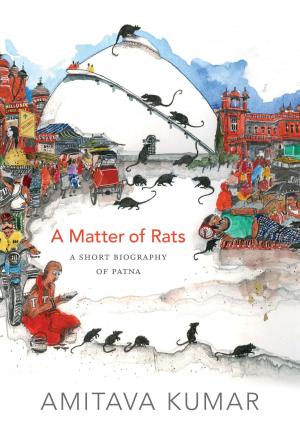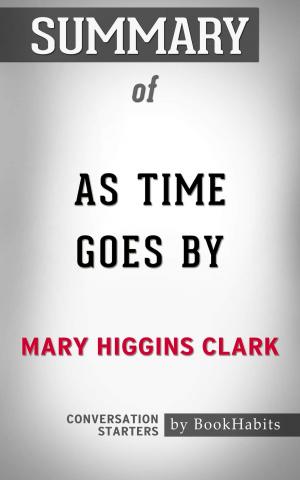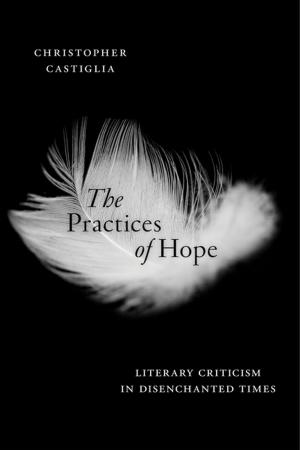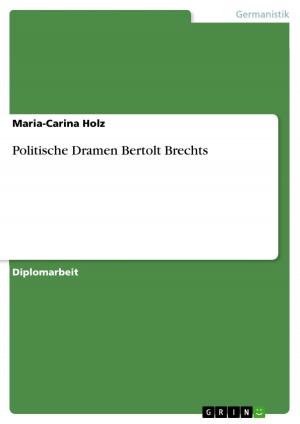| Author: | Carlos Gamerro | ISBN: | 1230003145609 |
| Publisher: | VicLit Books | Publication: | March 21, 2019 |
| Imprint: | Language: | English |
| Author: | Carlos Gamerro |
| ISBN: | 1230003145609 |
| Publisher: | VicLit Books |
| Publication: | March 21, 2019 |
| Imprint: | |
| Language: | English |
London, 1612. The partnership between playwrights John Fletcher and Francis Beaumont, who famously ‘wrote together, lived together, had one wench in the house between them, which they did so admire; the same clothes and cloak etc. between them’ breaks up when Beaumont takes off in pursuit of a rich heiress and a less bohemian lifestyle, leaving Fletcher and the maid Joan to sort out the broken threesome as they best can. Fletcher must cover his and his friend’s expenses by the only means at his command, playwriting; but as he has lost the ability to write on his own, and his partner and bedfellow is away, he must content himself with second best: he’ll have to make do with the cranky, play-weary Will Shakespeare, who after completing The Tempest seems to have lost all flair for writing and all love of the stage.
An ardent admirer of Cervantes, Fletcher has decided upon the story of Cardenio and Luscinda, drawn from Thomas Shelton’s recently published translation of Don Quixote. He must pitch the story to Shakespeare, who refuses to read it and initially loathes it, talk him into doing it anyway, meet Beaumont’s constant demands for funds and the growing demands for affection of maid Joan, who is bent upon making the most of her rival’s absence. In the small world of the London playhouses, Fletcher must also deal with Christopher Marlowe’s ghostly presence, that haunts their first attempt, with Thomas Middleton’s threats of plagiarizing their as yet unwritten play, with Ben Jonson’s attempts to drive a wedge between the two friends, with Beaumont’s growing jealousy of Fletcher’s new partner and with Dick Burbage’s mounting fears that the play will not be ready on time for Princess Elizabeth’s wedding, when it is scheduled to play at court.
Cardenio lacks a conventional narrator: it is a montage of letters, rehearsals, fragments of plays, snatches of poetry and, mainly, longer stretches of dialogue: mostly those of Fletcher and Shakespeare but also between Fletcher and Joan, Beaumont, Middleton, Jonson, Burbage and other persons of their world.
Involving, as it does, translation between cultures and languages, it was conceived of as a bilingual project: Gamerro wrote the first version in English, then rewrote it in Spanish; from then on both versions proceeded more or less simultaneously, modifying and fertilizing each other while they pursued the genius of their respective languages.
"Fletcher and Shakespeare get the Argentinian literary treatment... Playing fast and loose with literary history, Carlos Gamerro has written a witty, moving and strangely Argentinian novel." –The Times Literary Supplement
"Brilliant, captivating, and as original as anything I’ve read about the drama of Shakespeare’s day." –James Shapiro
"Madness, friendship and love come together in a playful and skilfully rendered literary encounter... Cardenio is a novel that combines theatrical and epistolary genres to stage the complex classic drama of suffering for another, my friend, someone I am but am not, and cannot live without". –Radar Libros, Página 12
"Gamerro’s novel is a convincing portrait of life in early seventeenth-century England, and more specifically of the life of its theatre and poets... Cardenio is a novel about friendship too: the ideal friendship of Beaumont and Fletcher, or the bonds forged by the two new associates, Shakespeare and Fletcher, a friendship as incongruent as Don Quixote and Sancho Panza’s." –La Nación
London, 1612. The partnership between playwrights John Fletcher and Francis Beaumont, who famously ‘wrote together, lived together, had one wench in the house between them, which they did so admire; the same clothes and cloak etc. between them’ breaks up when Beaumont takes off in pursuit of a rich heiress and a less bohemian lifestyle, leaving Fletcher and the maid Joan to sort out the broken threesome as they best can. Fletcher must cover his and his friend’s expenses by the only means at his command, playwriting; but as he has lost the ability to write on his own, and his partner and bedfellow is away, he must content himself with second best: he’ll have to make do with the cranky, play-weary Will Shakespeare, who after completing The Tempest seems to have lost all flair for writing and all love of the stage.
An ardent admirer of Cervantes, Fletcher has decided upon the story of Cardenio and Luscinda, drawn from Thomas Shelton’s recently published translation of Don Quixote. He must pitch the story to Shakespeare, who refuses to read it and initially loathes it, talk him into doing it anyway, meet Beaumont’s constant demands for funds and the growing demands for affection of maid Joan, who is bent upon making the most of her rival’s absence. In the small world of the London playhouses, Fletcher must also deal with Christopher Marlowe’s ghostly presence, that haunts their first attempt, with Thomas Middleton’s threats of plagiarizing their as yet unwritten play, with Ben Jonson’s attempts to drive a wedge between the two friends, with Beaumont’s growing jealousy of Fletcher’s new partner and with Dick Burbage’s mounting fears that the play will not be ready on time for Princess Elizabeth’s wedding, when it is scheduled to play at court.
Cardenio lacks a conventional narrator: it is a montage of letters, rehearsals, fragments of plays, snatches of poetry and, mainly, longer stretches of dialogue: mostly those of Fletcher and Shakespeare but also between Fletcher and Joan, Beaumont, Middleton, Jonson, Burbage and other persons of their world.
Involving, as it does, translation between cultures and languages, it was conceived of as a bilingual project: Gamerro wrote the first version in English, then rewrote it in Spanish; from then on both versions proceeded more or less simultaneously, modifying and fertilizing each other while they pursued the genius of their respective languages.
"Fletcher and Shakespeare get the Argentinian literary treatment... Playing fast and loose with literary history, Carlos Gamerro has written a witty, moving and strangely Argentinian novel." –The Times Literary Supplement
"Brilliant, captivating, and as original as anything I’ve read about the drama of Shakespeare’s day." –James Shapiro
"Madness, friendship and love come together in a playful and skilfully rendered literary encounter... Cardenio is a novel that combines theatrical and epistolary genres to stage the complex classic drama of suffering for another, my friend, someone I am but am not, and cannot live without". –Radar Libros, Página 12
"Gamerro’s novel is a convincing portrait of life in early seventeenth-century England, and more specifically of the life of its theatre and poets... Cardenio is a novel about friendship too: the ideal friendship of Beaumont and Fletcher, or the bonds forged by the two new associates, Shakespeare and Fletcher, a friendship as incongruent as Don Quixote and Sancho Panza’s." –La Nación















